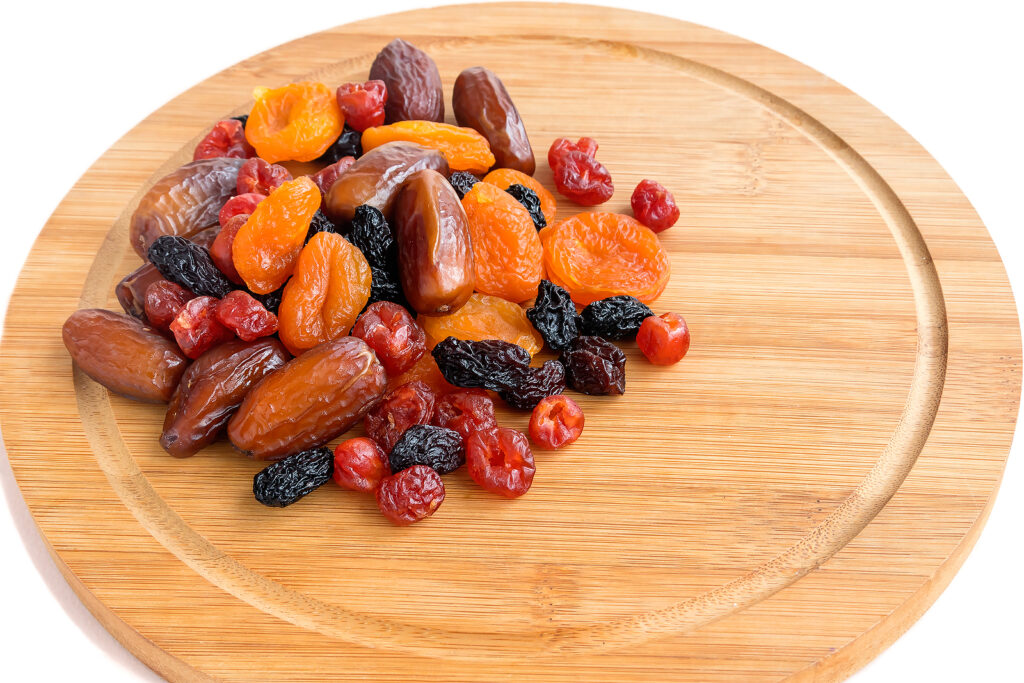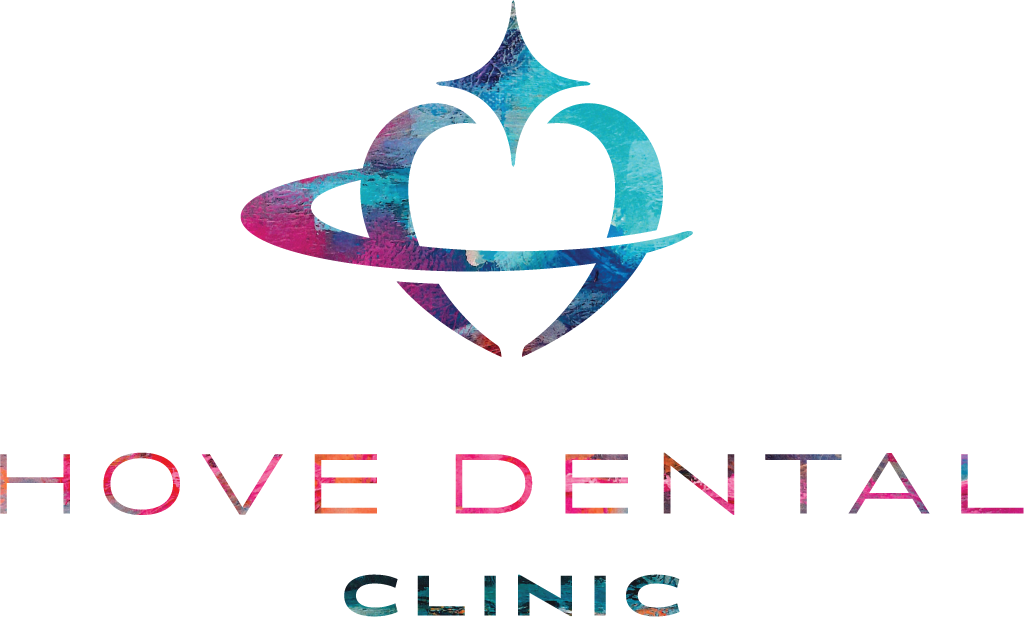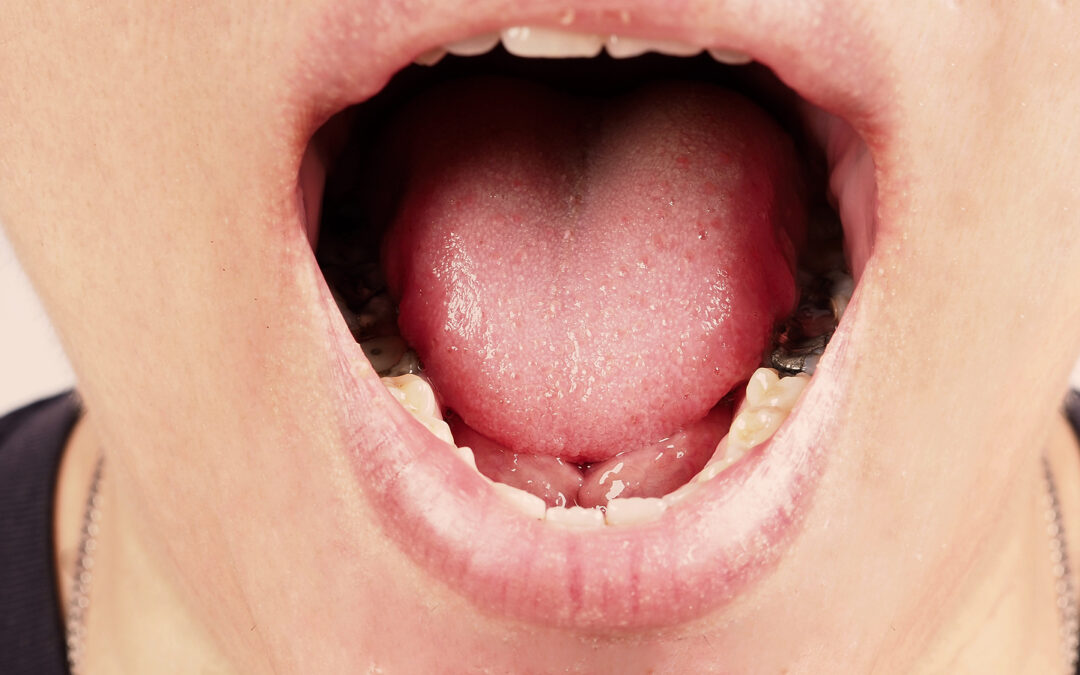Foods that can cause tooth decay do so by reducing the strength of the enamel. When food gets stuck in the gaps between the teeth it can react with the bacteria in the mouth, which may cause issues for your oral health. Problem foods between the teeth can erode enamel and cause the tooth to decay, which can lead to conditions like cavities, gum disease or even tooth loss.
Remember that if you brush and floss your teeth you can mitigate most of the issues and enjoy problem foods. Here we will look at how certain types of foods affect the teeth and list some of the lesser-known foods that cause tooth decay.
What Types of Foods Contribute to Tooth Decay?
There are several categories of foods that are likely to damage your teeth. These include:
- Sugary foods: Fruits and vegetables with natural sugar content and foods with added sugar react with bacteria in the mouth, which can erode your tooth enamel and cause tooth decay. Many people think of things like chocolate, sweets, soft drinks and sports drinks as the main culprits, but many healthy foods and drinks also cause damage.
- Acidic foods: High-acid foods and drinks, such as fruits with citric acid or alcohol, can also react with bacteria in the mouth and erode the enamel of your teeth. Eating these foods can cause tooth decay, especially when poor oral care is also a factor involved. Consuming acidic foods is something most people do not initially think can cause enamel erosion.
- Starchy foods: Starchy foods may seem relatively harmless or even bland, but they can cause an increase in the acid levels of existing bacteria in the mouth. As a result, starch-containing foods cause the same problems as acid and are one of the main foods to avoid. Even with brushing, starch can easily stick between the teeth.
We offer many services for treating tooth decay and often advise our patients on how to avoid problem foods, so we are happy to offer a list of some lesser-known sources of these types of foods below.
Please get in touch with us to book an appointment at our clinic, which is conveniently located in Brighton and Hove.
9 Lesser-Known Sugary Foods That Cause Tooth Decay

Most people are aware of the well-known foods that contain sugar, such as sweets, chocolate, and ice cream. However, there are a lot of sneaky high-sugar foods you could find in your diet or as part of a meal. You might not expect some of these to be able to damage the teeth.
See below for a list of lesser-known sugary foods that can cause tooth decay:
- Cereal bars: Whether you grab a cereal bar in the morning as a time-saver or just like a grain-based snack, they are often high in sugar. Most cereal bars use added sugar for taste and also include dried fruits with extra sweeteners, so try to brush after eating.
- Yoghurt: Another popular breakfast staple is yoghurt, which can contain an incredible amount of sugar. Fruit yoghurts, such as strawberry, are the highest in sugar, so try switching to plain Greek yoghurt if you want to reduce your exposure.
- Salad dressing: You might be aiming to be healthy by eating a salad, but there are often large amounts of sugar in popular salad dressings. The sneakiest culprits include honey mustard and balsamic vinaigrette, which are also very calorie-dense to boot.
- Canned fruits: Eating fruit from a can will contribute to tooth decay much more than natural fruits. This is because they often use preservatives and sugar syrups to extend their shelf life. You can try switching to fresh fruit or even rinse the canned fruit first.
- Side salads: You might choose to eat a piece of lean chicken and a side salad, thinking you are being healthy, but these are often hidden sources of sugar. Coleslaw and salad with dried fruits and nuts are often packed full of hidden sugar, as well as calories.
- Dried fruits: Speaking of dried fruits, these are incredibly high in sugar by volume compared to their fresh counterparts. Just imagine how many raisins you can eat at a time versus how many grapes and you can see how sugar levels can easily skyrocket.
- Nuts: Nuts often contain additional sugar when they are not prepared completely raw. Roasted varieties contain plenty of sugar, as do popular sweet chilli varieties. Nuts are not just a source of protein and fat, they often come packed with a lot of added sugar.
- Sauces: If you use a pre-made sauce for pasta or a curry sauce for rice make sure you check the sugar levels on the jar. Many popular brands add extra sugar for flavour. You can make sauces yourself, with no sugar. Try making a batch and freezing it for later.
- Condiments: Do not get yourself into the habit of adding condiments to food for a bit of flavour, as they almost always contain sugar. There are sugar-free varieties available but you can also try making your home homemade ketchup, mayonnaise or mustard.
Sugar is possibly the worst of all offenders when it comes to tooth decay, so always be wary of when it is in your food and make things fresh wherever possible. Awareness can give you a better sense of control, but sadly many otherwise healthy foods often contain extra sugar.
9 Acidic Foods That Cause Tooth Decay

Most foods to avoid that are acidic are lesser known than sugary ones, which makes it even more difficult for people to stay away from some of the worst foods for their teeth. See below for a list of problem acidic foods that can cause tooth decay and may also stain your teeth:
- Citrus fruits: Examples include lemons, oranges, limes, grapefruits and kumquats, which all contain large amounts of acid. Whether in a food or a drink (even a glass of water with lemon will increase acid levels in your mouth), citrus fruits can cause decay.
- Processed meats: Any type of meat that has been processed or cured is going to have much higher levels of acid than a lean, freshly cooked variety. Tough cured meats such as chorizo and other cured sausages will often stick between the teeth as well.
- Eggs: Eggs contain high amounts of acid-producing substances such as phosphorus, so they are foods to avoid if you want to prevent tooth decay. Eggs are also added to many sugary foods, such as cakes, sweets, biscuits and sugary loaves of bread.
- Meat: Fresh red meat is one of the worst foods for its high acid content, but there are substantial amounts of acid in lean poultry too. Red meats also usually contain higher levels of fat and are much more likely to get caught between the teeth.
- Dairy: Cheese, milk and ice cream are often common sources of sugar, but they are also major sources of acid. All foods, including dairy, that contribute to problems such as gastroesophageal reflux disease frequently contain large amounts of acid.
- Tomatoes: Interestingly, tomatoes in any form will contain acid, which may cause tooth decay when consumed frequently. Whether it is a ragu or a fresh tomato salad, tomato products contribute to tooth decay and may also contain sugar.
- Gherkins: Pickling is a fantastic way to preserve a portion of food, but it ramps up the acid content. If you have a cheese and tomato sandwich with ham and a pickle on the side, you can begin to see how acid levels can build up substantially in a single meal.
- White bread: Processed foods such as white bread are a major source of acid, because the grains used in the production of white bread have to be processed and this strips away much of the natural roughage. Processing often raises food acid levels.
- Salt: Adding salt to anything will reliably increase the amount of acid in the mouth, which is a problem if you add salt to foods for extra flavour. Cooking with salt will reduce the likelihood of high acid levels, as opposed to adding it to prepared food.
Acidic foods are likely to cause tooth decay over time, but they can easily be made a part of a healthy diet if you practice good hygiene. Processed foods are the worst foods for your health out of all those listed above, but acidic fruits, vegetables, eggs and meat can provide several health benefits.
5 Starchy Foods to Avoid for Tooth Decay

People often think of sugar, and they might think of acidic foods, but they rarely think of starch when it comes to the causes of tooth decay. Starch reacts with bacteria in the mouth and becomes acidic, so starch-containing products are among the worst foods for tooth decay:
See below for a list of the main sources of problematic starch:
- Crisps: Even the healthy versions of crisps contain high amounts of starch, and they can very easily stick between your teeth. People often enjoy crisps as a snack, which means they can have starch in their teeth for a long time before brushing.
- Bread: Not just processed white bread, which is made worse by the extra sugar and acid content, but all forms of bread. You can try and make a healthy choice with a whole grain loaf, but be wary as many of these grains can get stuck in your teeth.
- Fries: One of the worst things for your teeth is potato starch, and when you add the salt and fat from frying the fries they can become incredibly problematic for your teeth – not to mention your overall health. Try to limit your consumption of fries to avoid tooth decay.
- Pasta: Moderate amounts of pasta are perfectly healthy but they still contain starch and may stick between your teeth. The same goes for many kinds of noodles, too. Some of the worst types of pasta for your teeth include gnocchi and spaghetti.
- Rice: A serving of rice can provide slow-release protein and an excellent standard of nutrition. However, rice also contains starch and can also get stuck in the teeth. Many people eat rice daily, so this can cause a higher likelihood of tooth decay over time.
There are ways to mitigate the starch content of some of the foods on the list, such as choosing wholegrain rice and pasta. But, many delicious and healthy foods also contain starch so it is usually difficult to avoid. Starch is also very calorie dense and processed versions can cause weight gain.
Tips When Eating Foods That Cause Tooth Decay

You can easily enjoy all of the foods listed above, in moderation, and prevent tooth decay from becoming a problem. The key is recognising problem foods, keeping to a good hygiene regimen, and attending regular dental checkups to make sure your dentist spots the early signs of decay.
If you still want to eat the foods that cause tooth decay but would like to reduce the likelihood of this happening, consider the following tips:
- Brush or floss after eating: If possible, try to brush after every meal and when you snack too. You can floss after meals as well for extra effect. If you are in a hurry, travel mouthwash can help to lower the sugar, acid, starch and bacteria levels in the mouth.
- Add alkaline foods to your diet: You will get many benefits from adding alkaline foods such as broccoli, cabbage (not pickled, like sauerkraut or kimchi), spinach, peppers and other leafy green vegetables to your diet, including a lower risk of tooth decay.
- Eat calcium-rich foods: Some calcium-rich foods contain acid, such as dairy, nuts and seeds, but you can still keep them in your diet for stronger teeth and bones. You can also consider calcium supplements and non-acidic calcium-containing foods like kale.
- Use a whitening pronamel toothpaste: Stain-causing foods and drinks are much more likely to cause tooth decay, as they stick to the teeth. By using a tooth whitening pronamel toothpaste you can avoid stains and strengthen the teeth at the same time.
It is possible to enjoy all foods to some degree – even the ones that might cause tooth decay and other dental or health issues. Adding foods that contribute to your overall health and making sure you take good care of your teeth will mean you can avoid many dental problems.
Unusual Foods That Cause Tooth Decay
We hope you enjoyed our rundown of the worst foods for your teeth, including the odd and puzzling ones. There are many lesser-known sugary, starchy and acidic foods that could be contributing to tooth decay, but awareness and hygiene mean you can still enjoy these foods.
If you happen to develop tooth decay a good hygiene regimen can reverse it if it is still in the early stages. However, if tooth decay has progressed to a point that another problem has developed, such as a cavity or gum disease, it will normally be treatable in a totally safe and painless way.
If you think you have tooth decay or would like another type of treatment in the Brighton and Hove area, please get in touch with us to book an appointment. We offer many services for nervous patients, so we can treat tooth decay in a supportive environment.





















